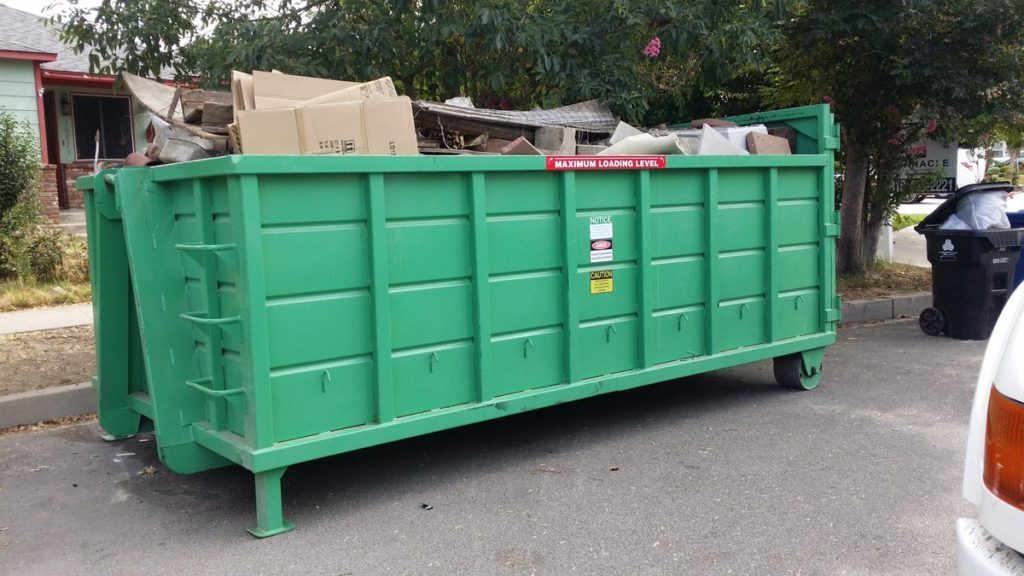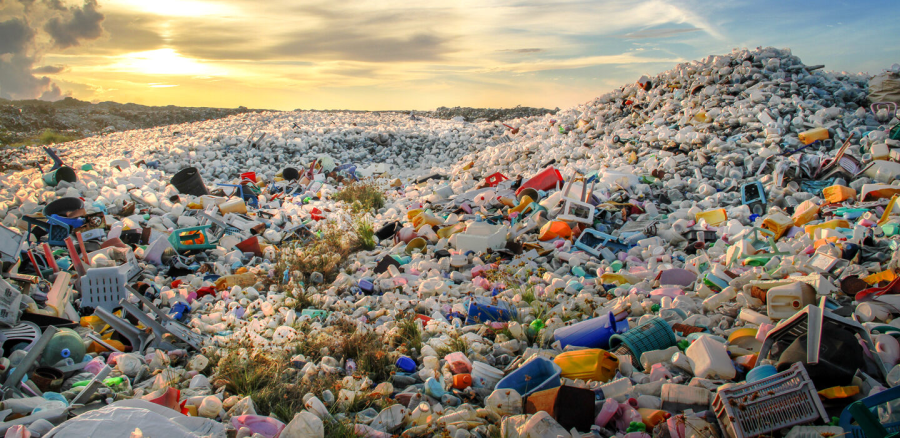Environmental Impacts Of Food Waste
What Are The Environmental Impacts Of Food Waste
According to the EPA (Environmental Protection Agency), food waste makes up 21% of landfills’ content. That’s a lot of trash!
And that’s only the food waste we actually see. The reality is, this is only a small portion of the total food waste being generated in the USA. According to the EPA in 2010, about 35% of the food grown for the market is ultimately thrown away, which is about 60 billion pounds of food.
To bring all this wood waste, dumpster rentals used by supermarkets and restaurants are becoming a good alternative to more expensive dumpster trucks. They serve the same purpose, but are a lot more affordable.
How To Reduce Food Waste
More than 20% of all food produced is thrown away to landfills. This is a very bad thing considering how many people are starving in the world. There are many ways to reduce all this food waste, the simplest of which is portion control.
If you buy more food than you can eat, it just means that some of it will not be eaten, and will ultimately end up in the bin. And this food will expire and turn bad and it will have to be thrown away. Keep your fridge organized so you can see what you have and what you will have to use before it expires.
If you go shopping and get more than you can fit in your fridge, either give some of it away or freeze it. Repurposing food is another great way to reduce food waste.
If you have the ingredients for cookies but you are not in the mood for baking today, make a frittata instead. You can transform the cookies into a breakfast casserole or even a cheesecake, if you know the right recipe. It is better to be economical with food rather than let all the extra food and other unwanted ingredients end up in a dumpster rental to bring them to the nearest landfill.
How Does Renting A Dumpster Help With Food Waste?
Food waste is the second largest component of landfills, creating the largest source of methane released in the atmosphere. Another way to save money that doesn’t get nearly enough attention is to hire a dumpster rental company. These waste management companies will come to your location, pick up your trash, and transport it to an off-site landfill where it will be disposed of properly. There are several benefits to this sort of junk disposal service.
For starters, you won’t have to worry about which day the trash is picked up, or whether or not you’ve separated out all of the recyclables. The dumpster company will do it for you, and save you a great deal of time, effort, and space in your home. You’ll also save on garbage bags, and on gas as well. You’ll save a great deal of money.
How Important Is It For The Environment To Reduce Food Waste
Since food takes up so much space in landfills, it’s extremely important to reduce this type of waste. Many people are not aware of the severity of the issue and therefore just let their food go to waste. This should not be the case.
The food waste disposal process is a large problem that has many possible solutions. Dumpster rental is a great way to reduce such organic waste. It also saves time and money. Dumpsters will help people get rid of their trash without bringing it to a landfill. If you are interested in finding out about dumpster rental, then you should read this article. Here you can see how dumpster rental works and the various benefits that come along with it.
What Are The Problems With Food Waste
When food is wasted, all the resources which went into making it are also wasted. Think about the plastics that was used to package frozen vegetables that were thrown away. Or, think about the fumes caused by shipping fruit from on place to another
Food waste has huge effects on the environment as well. For example water is used at every step in the process of making food. People give plants water. They supply water to meat-producing animals. When you throw away food, you also throw away all that water that was used to produce that food. So does the water in the food that is thrown away.
Think of an apple. This lost water is equal to about 45 trillion gallons of water per year, or 170 trillion litres. The World Health Organization says that each person needs at least 15 to 20 litres of water every day. If even a small amount of the water we waste could be saved, it could help a lot of people get water around the world.
When we throw away food, we waste so much water that if we put it all together, it could meet the needs of every home in the world.


